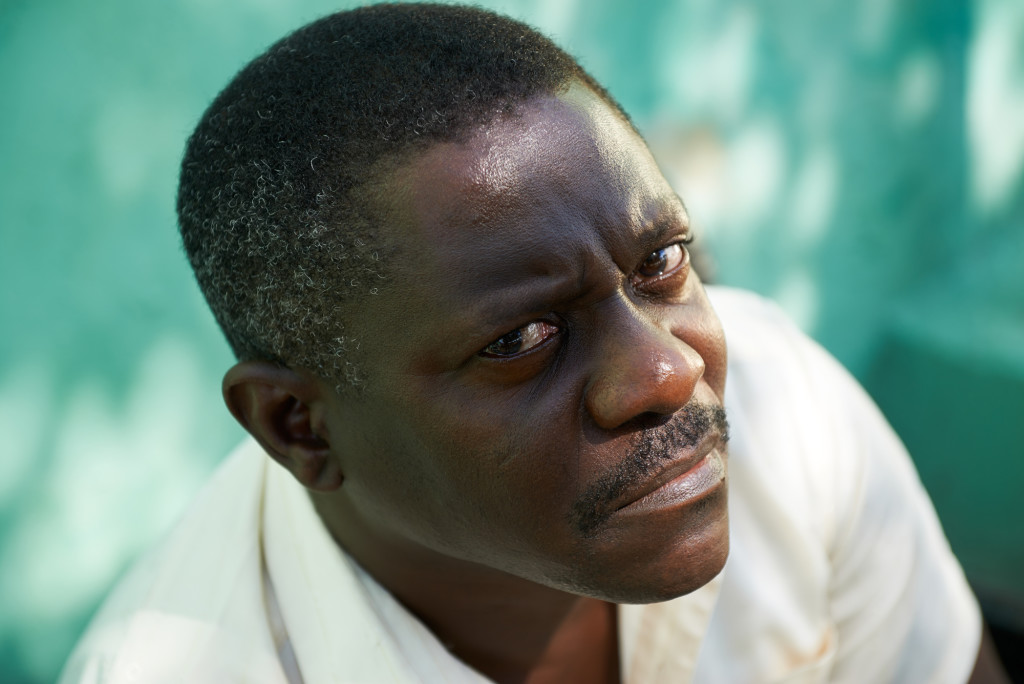Anxiety Treatment

What is Anxiety?There’s Anxiety and then Anxiety Disorders.
A certain level of anxiety is okay. Feeling nervous before a first date, an important court hearing or delivering a presentation is normal. When anxiety causes feelings of panic, fear and unease that start to alter the activities of your day, then you could have an Anxiety Disorder.
Sometimes anxiety occurs in response to a specific event or thought, and other times anxiety may arise for no reason at all. Anxiety may prevent you from coping with life. As a result of anxiety, you may avoid events, situations or scenarios that illicit fear or cause unease. In extreme cases, you may never leave the house. Anxiety disorders can cause symptoms such as:
- Obsessive thoughts you can’t control
- Persistent sense of unease
- Constant nightmares or painful thoughts of the past
- Nausea
- Sweating
- Muscle tension / tightness
- Difficulty sleeping / change in sleep patterns
- Panic attacks
- Difficulty concentrating
- Fear of events, situations, stimuli
- Thoughts that you know are irrational, but have nonetheless
Are there different types of anxiety?
Yes. There are different types of anxiety.
Panic Disorder
People who have panic disorder have feelings that “something bad is going to happen. “This condition encompasses an idea that the world, in some way, feels unsafe; something bad could happen at any time. Sometimes people with panic disorder also have panic attacks where they feel as if they are having a heart attack and/or are overcome with a need to escape a situation. A racing heart, chest pains, sweating or inability to breathe are symptoms common in panic attacks.
Generalized Anxiety Disorder
Generalized Anxiety Disorder is a persistent and excessive (often irrational) worry that controls a person’s thoughts, feelings, actions and behaviors daily. People with Generalized Anxiety Disorder will often construct activities of daily living around fear or worry.
Social Anxiety Disorder / Social Phobia
This condition involves a persistent sense of worry and feeling self-consciousness about everyday situations. People experiencing social anxiety disorder may fear rejection, judgment or embarrassment from others. They may often believe that “everyone” is watching them and judging them. Cafeterias, malls, movie theaters, stores or other public spaces will often cause a great deal of anxiety for people with a social phobia.
Phobias
Phobias are fears of specific objects or situations. Sometimes a person may have one fear and other times an individual may be fearful of a host of things. A fear of spiders, snakes, heights, dogs, or tight spaces are just a few examples of specific phobias.
Obsessive Compulsive Disorder (OCD)
Obsessive Compulsive Disorder (OCD) is an anxiety-driven condition. People who have OCD are plagued with recurring and distressing thoughts, fears or images (obsessions) they cannot control. The sense of nervousness about these thoughts, lead people to engage in rituals (compulsions) that are completed in an attempt to prevent the thought (obsession) from happening altogether or to calm the the intensity / frequency of the distressing thought.
Performing the ritual may reduce the overwhelming sense of nervousness / fear / anxiety, but soon the obsessive thought will return and the cycle repeats.
In very severe cases, the obsessive-compulsive cycle will consume hours of a person’s day and significantly intervene with activities of daily living such as child-rearing, keeping a job or maintaining a balanced social life.
With OCD, people may feel powerless over their thoughts and thus compelled to continue to engage in the rituals (compulsive behaviors), which provide temporary emotional / cognitive relief.
What does Anxiety Treatment look like?
Cognitive Behavioral Therapy (CBT) is a primary treatment method to address anxiety. In Cognitive Behavioral Therapy a person learns how to recognize automatic thoughts that influence emotion and behavior.
In CBT a guiding principle is that thoughts influence how we view the world, and this view alters behavior. If irrational or overly negative / fearful thoughts can be identified, then a conscious cognitive process of evaluating the degree of truth / rationality in each thought can be addressed.
With the tools to identify thoughts, clients learn how to challenge irrational thoughts currently restricting life and relationships.
When addressing Anxiety Disorders, deep breathing techniques and mindfulness tools may also be discussed and taught as these tools teach self-regulation, calming feelings of anxiety and helping the brain respond more cognitively than emotionally.
What’s the goal in treatment for Anxiety?
The goal in treatment is to teach skills. Once people have an understanding of which thoughts are irrational and what triggers specific thoughts, then anxiety can be better controlled.
If you feel anxious, tense, nervous, hyper-vigilant or have thoughts you can’t control, schedule an appointment today. Worrying less will improve your quality of life, boost mood and strengthen relationships important to you. It’s never too late to feel better.